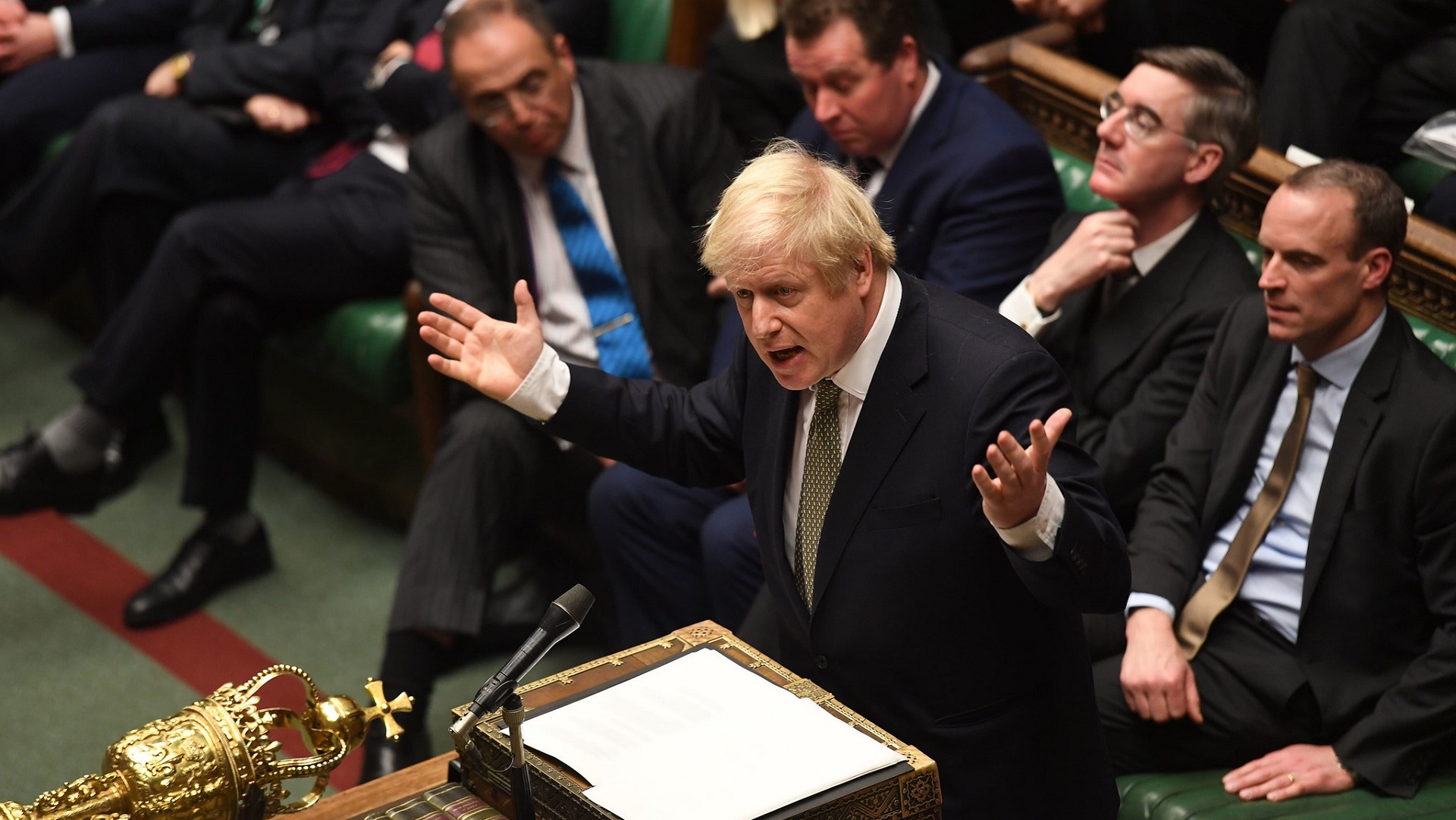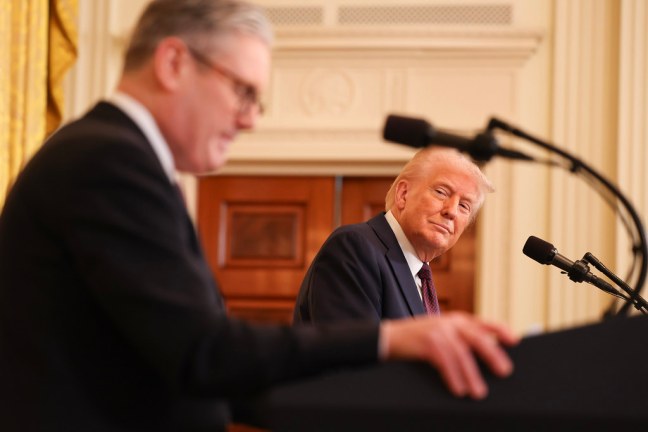“I take objection to that. You can’t have the speaker saying on the one hand no honourable member of parliament would ever deliberately lie to mislead the house. And on the other hand he looks away when the prime minister makes one false statement after another.
“The public can see this and they have just had enough of it.”
In July, Labour MP Dawn Butler was ejected from the House of Commons for saying “the prime minister has lied to this house time and time again”. Accusing fellow MPs of deliberately deceiving each other is deemed to be against the parliamentary code of conduct.
Butler added: “It’s funny that we get in trouble in this place for calling out the lie, rather than the person lying.”
Earlier that month Boris Johnson was warned by the Office for Statistics Regulation against misleading parliament about child poverty figures.
Advertising helps fund Big Issue’s mission to end poverty
As with any petition that has passed 100,000 signatures, the House of Commons Petition Committee will now consider whether to grant a debate on the issue.
But it has already been given a frosty reception from the UK government, which is required to respond to any petition which achieves over 10,000 signatures.
The response from the Office of the Leader of the House of Commons said: “The Government does not intend to introduce legislation of this nature. MPs must abide by the Code of Conduct and conduct in the Chamber is a matter for the Speaker.
“It is an important principle of the UK Parliament that Members of Parliament are accountable to those who elect them. It is absolutely right that all MPs are fully accountable to their constituents for what they say and do and this is ultimately reflected at the ballot box.
“Freedom of speech in Parliament is an essential part of our democracy. It is a right that enables Parliament to function freely and fully, ensuring that MPs are able to speak their minds in debates, and to represent their constituents’ views without fear or favour.”
The response added that MPs have legal immunities to protect their freedom of speech and to allow them to perform their duties without outside interference through parliamentary privilege.
Advertising helps fund Big Issue’s mission to end poverty
But MPs are also expected to follow principles set out by the Committee on Standards in Public Life, requiring them to be “truthful” and to “act and take decisions impartially, fairly and on merit, using the best evidence and without discrimination or bias”.
In addition, MPs are subject to the House of Commons code of conduct, requiring them to act “in the interests of the nation as a whole” and with “probity and integrity”.
“Conduct in the Chamber is beyond the remit of the Parliamentary Commissioner for Standards. This is because the House has determined that how Members conduct themselves in the Chamber, including their adherence to the principles of public life, is a matter for the Speaker, and Parliament is responsible for its own procedures,” the response concluded.
Johnson has faced two probes this year over whether he broke the code – over accepting the offer of a Caribbean from a businessman and refurbishing his Downing Street flat. On both occasions the prime minister was cleared of any wrongdoing.
The prime minister was found to have broken the ministerial code before he took office in 2019 when he failed to register financial interests on two properties in time.
The inquiry found that Mr Johnson – who was not prime minister at the time – was late to register financial interests on two properties.
Advertising helps fund Big Issue’s mission to end poverty










